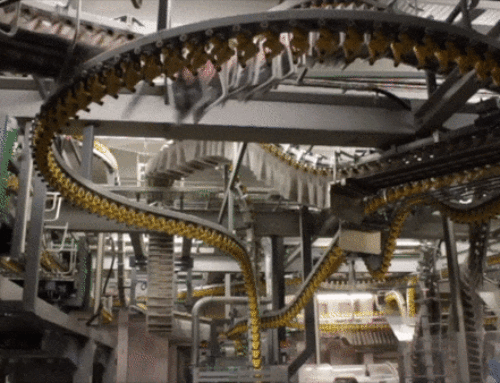Archant’s new Investigations Unit is up and running and has secured many exclusives, producing over 20 front pages, plus inside spreads, for titles and websites across the company.
Last week, investigations editor David Powles was invited to speak about the unit at the Society of Editors conference in Manchester.
The unit was set up two months ago with the aim of producing investigative content for use in as many newsrooms across the group as possible.
However, since launch it has also proved a useful tool for newsrooms looking to do specific, localised investigations and in need of support.
Investigations carried out so far by the team of three full-time members and three reporters working one day a week include; school truancy fines, hospital infection rates, changing crime trends, benefits failures, the impact of an ageing society, pregnant smokers and general election surveys to gauge opinion of readers.
Its most extensive work to date centred on the blood contamination scandal of the 1970s and 1980s, which continues to cause deaths and heartbreak decades on.
Five-day specials first appeared in the Eastern Daily Press, East Anglian Daily Times, Ipswich Star and Norwich Evening News.
Since then, versions of the scandal have also appeared, or are due to appear, in titles in London, Kent, Hertfordshire, Cambridgeshire, Devon and Somerset.
Mr Powles said: “This scandal continues to affect so many people so we were able to find case studies in many of our patches.
“Taking an Archant-wide approach, including a strong editorial piece in support of the campaign, has enabled us to produce something of real value that could help to make a huge difference to many lives within the communities we serve.
“Just as there is a place within our papers and websites for the important, but often more easily produced, ‘community news’, so too do we need our titles to continue to set an agenda, delve into issues, fight for those unable to have their voices heard and break exclusives,” he said. “How else can we ensure we remain relevant to people’s lives and that what we do matters to our customers?
“While, of course, we still want to encourage our regular journalists, specialists and patch reporters to produce such content, our feeling is that a dedicated team, freed up from the day-to-day pressures of the newsrooms, could make a real difference to the strength of our titles.”
David explained that he and his full-time team of Emma Youle in London and Andrew Hirst in Suffolk were always on hand to help other editorial teams or individuals who want to produce more of their own investigative content.
He added: “Good quality, powerful journalism is key to ensuring people continue to read our papers and websites. This unit should be a tool for others to utilise so they can have a go themselves.”





